Feature: World’s most valuable auto brands
Story by John LeBlanc
In this year’s edition of Interbrand’s annual Best Global Brands survey, the big news was Coca-Cola being dethroned by the U.S. electronics giant Apple for the title of “world’s most valuable brand,” a crown the U.S. soft drink giant wore for 13 straight years. But of more interest to straight-six.com readers is how the automotive brands were ranked. So here are the car brands we all know, and how they fared in this year’s top 100 survey: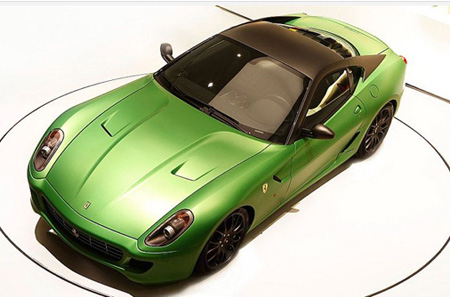
Ferrari — 98th overall
Just sneaking into the Interbrand top-100 poll was Italy’s Ferrari. The Fiat-owned brand’s value has been tagged at $4.013 billion (all figures in U.S. dollars) up 6 per cent from 2012. While that’s a far cry from the $98 billion Interbrand figures the Apple brand is worth, that’s still impressive for what is essentially a boutique automaker. With sales up five per cent in a shaky European economy, Interbrand was impressed by the Ferrari’s brand’s resiliency, saying, “[Ferrari] achieves consistency across its touch points, including its Formula 1 team, 50 retail stores worldwide — even a Ferrari amusement park in Abu Dhabi”.
Chevrolet — 89th overall
Unlike a rare Ferrari, you can find a Chevrolet in almost anywhere. It makes up more than half of all vehicles parent General Motors sells globally, in more than 140 countries around the world. And while it was known as “The Heartbeat of America,” 60 per cent of Chevrolet-branded vehicles are now sold outside of the U.S., with booming sales in China, India and Thailand. Despite its history and presence in the marketplace, 2013 marks the first year any GM brand has cracked the Interbrand survey top 100. The firm saw Chevrolet’s efforts to align its engineering, design, and retail operations behind a single vision and communications platform: “Find New Roads,” as a positive step in building its brand equity further.
Kia — 83rd overall
Just as it soars up the sales charts, the value of Korea’s Kia brand is also on the rise. According to Interbrand’s findings, the Kia brand rose in value by 15 per cent since 2012, now pegged at $4.708 billion. Much of that credit has to do with Kia’s dynamic image and affordable product, becoming a brand that is particularly attractive to first-time buyers, like the hard-to-reach Millennials. Interbrand also highlighted Kia’s strong relationship with Canadians, citing a new car-sharing program that will allow university and college students to experience Kia’s new line-up for themselves (on and off campus) and “promote responsible driving.”
Nissan — 65th overall
With a brand that Interbrand says, “resonates with a broad range of global consumers,” and a host of new, highly anticipated products, Japan’s Nissan saw its brand value rise 25 per cent this year, to $6.203 billion. By taking a global, multichannel approach, Interbrand says Nissan is elevating marketing to a “science” to “deliver the consistent, distinct position around innovation that differentiates Nissan.” The firm cites the Nissan LEAF electric vehicle — a hit with early adopters, plus demand that continues to grow with the next wave of consumers — as an example.
Porsche — 64th overall
Like Ferrari, Porsche is a small car company with big brand awareness. While some Porsche enthusiasts were cynical about the brand losing its identity by being purchased by Germany’s massive Volkswagen Group, the Interbrand survey found that Porsche has been able to retain its distinctiveness within its parent company’s portfolio, with a brand value rising by 26 per cent, to $6.471 billion. The poll also found that the Porsche brand has been able to become more relevant beyond its traditional hardcore, sports car buyer, by introducing vehicles like the Cayenne SUV, Panamera luxury sedan, 918 hybrid supercar (seen above) and the forthcoming Macan compact crossover.
Audi — 51st overall
Right between Colgate and Facebook on the Interbrand top 100 most valuable brand list comes Audi, the Volkswagen Group’s luxury brand that blends technology and design innovation for a growing number of global customers. Already the number one luxury brand in “consumer consideration” in the U.S., the Audi brand is becoming more recognizable in even bigger markets like China, now the German brand’s largest market. According to Interbrand, the Audi brand value grew by eight per cent over the past year, now valued at $7.76 billion. Much of the brand’s growing influence comes from investing in developing new technologies, such as its LED technology, the Audi e-Sound system, and lightweight construction.
Hyundai — 43rd overall
Like its Korean sister brand, Kia, Hyundai’s brand value continues to grow, now valued at $9.004 billion, according to the Interbrand survey. Much of that growth has been fueled by Hyundai’s improving track record of building vehicles with style and performance. Its European strategy is also paying off, with the brand doubling its market share in five years. Beyond the showroom, Hyundai is also growing its brand globally through sports sponsorships. The Korean automaker is investing nearly $400 million in the World Rally Championships, and UEFA and FIFA soccer sponsorships.
Ford — 42nd overall
Valued at $9.181 billion, up 15 per cent from 2012, America’s Ford brand continues on an upward path. While sales continue to grow in North America, Ford is also focused on global expansion. In China, Ford is investing nearly $5 billion in local assembly, engine, and transmission plants in China, hoping to catch up to rivals General Motors and Volkswagen. Interbrand is also projecting a rosy future for the American brand. With the next-generation Mustang arriving in 2014 to add to an already strong product lineup, “Ford is in a solid position to grow its loyal base of customers and gain share in an aggressively competitive global marketplace,” says Interbrand.
Volkswagen — 34th overall
According to the Interbrand survey, the Volkswagen brand continues to “establish clear value for the customer: affordability, reliability, and German engineering.” And even with one of the largest range of vehicles in the industry — from the tiny Up! city car to its Phaeton full-sized luxury sedan — Volkswagen still manages to express its values through its products, adding 20 per cent to its brand value last year, now worth $11.12 billion. Volkswagen is also extending its brand awareness via its “Think Blue” sustainability platform, now being integrated into almost every product line and highlighted by the XL1, a super-efficient plug-in diesel hybrid. In addition, Volkswagen’s most successful vehicle, the Golf compact (seen in wagon form above), won World Car of the Year for 2013.
Honda — 20th overall
While Japan’s Honda sells motorcycles, power products, airplanes, and robotics, the brand is best known for its cars and trucks. At the beginning of 2013, Honda was one of only four brands that sold more than five million vehicles worldwide, helping its brand value rise by seven per cent to $18.49 billion. The Interbrand survey noted that one of the strengths of the Honda brand is the loyalty it garners from customers. In nearly all of the most critical studies, says Interbrand, the Honda brand is rated “significantly higher than the average category retention rate.” That means that the Japanese automaker can rely less on fleet sales or purchase incentives.
BMW — 12th overall
More sales mean more awareness. At least that’s what Interbrand has extrapolated about the BMW brand. As the best-selling luxury car brand in the U.S. and Chinese, with sales rising 40 per cent, 2012 was the best year ever for BMW, resulting in its brand value rising 10 per cent, to $31.839 billion — more than the U.S. entertainment giant Disney. In addition to its sales growth, the BMW brand also benefited from its sponsorship of the London 2012 Summer Olympic Games. Interbrand says, BMW’s “Designed for Driving Pleasure” campaign — that included vehicles and bicycles, first-time sponsorship of Team USA, and an on-site brand pavilion — helped add value to the brand even further.
Mercedes-Benz — 11th overall
Arguably the company that invented the car, Germany’s Mercedes-Benz brand is the second-most valuable global automotive brand in 2013, with a six per cent gain in 2013 to a value of $31.904 billion. It also continues to be the number one luxury brand in the U.S. and Germany, and is growing strong in China and Russia. Interbrand noted that the Mercedes-Benz brand is also being strengthened by a push into newer segments. The 2012 launch of the compact A-Class featured humorous TV spots, the “A-Rock” concert series with British rock band, Placebo, and print ads with a Q3 code leading directly to an online hub where visitors could check out vehicle highlights, concert clips, and even arrange a test drive.
Toyota — 10th overall
After surviving the auto industry’s biggest ever safety recall crisis and constant whining from the enthusiast motoring press about its lack of exciting products, Japan’s Toyota has kept its crown as the world’s most valuable automotive brand. In fact, with a valuation of $35.34 billion, it rose by 17 per cent. According to Interbrand, “Toyota not only distanced itself from the challenges of 2010 and 2011 this year, but also reclaimed its global sales leadership position. Although much of the rebound occurred in the U.S., there is a renewed sense of energy around the world.”





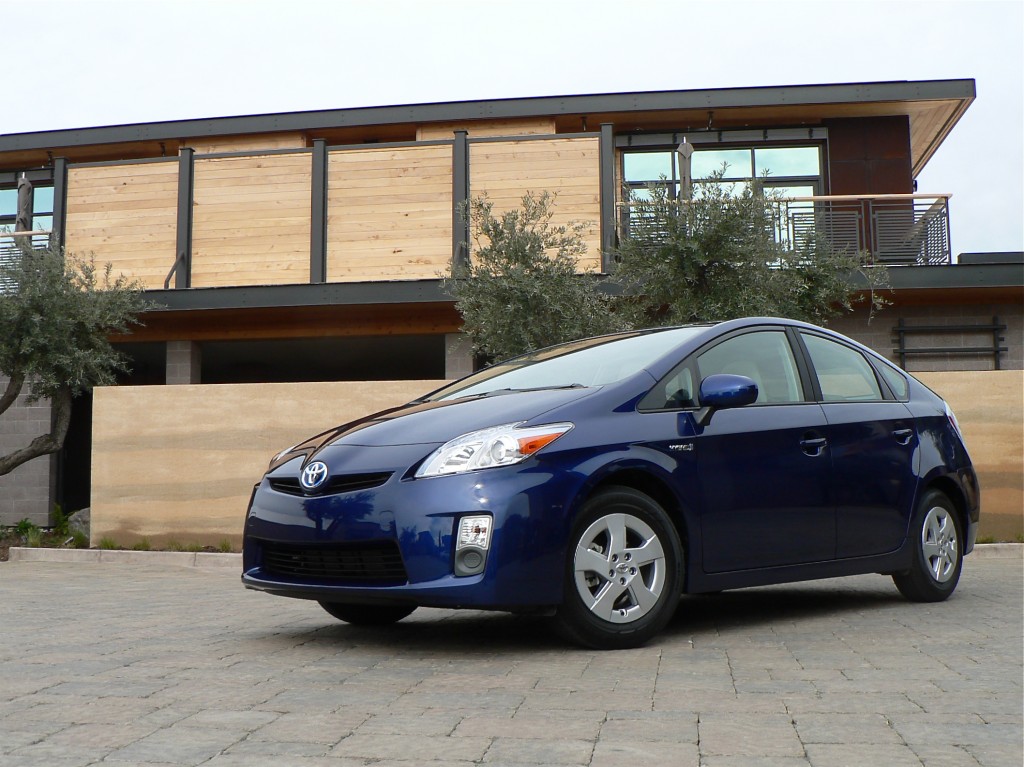
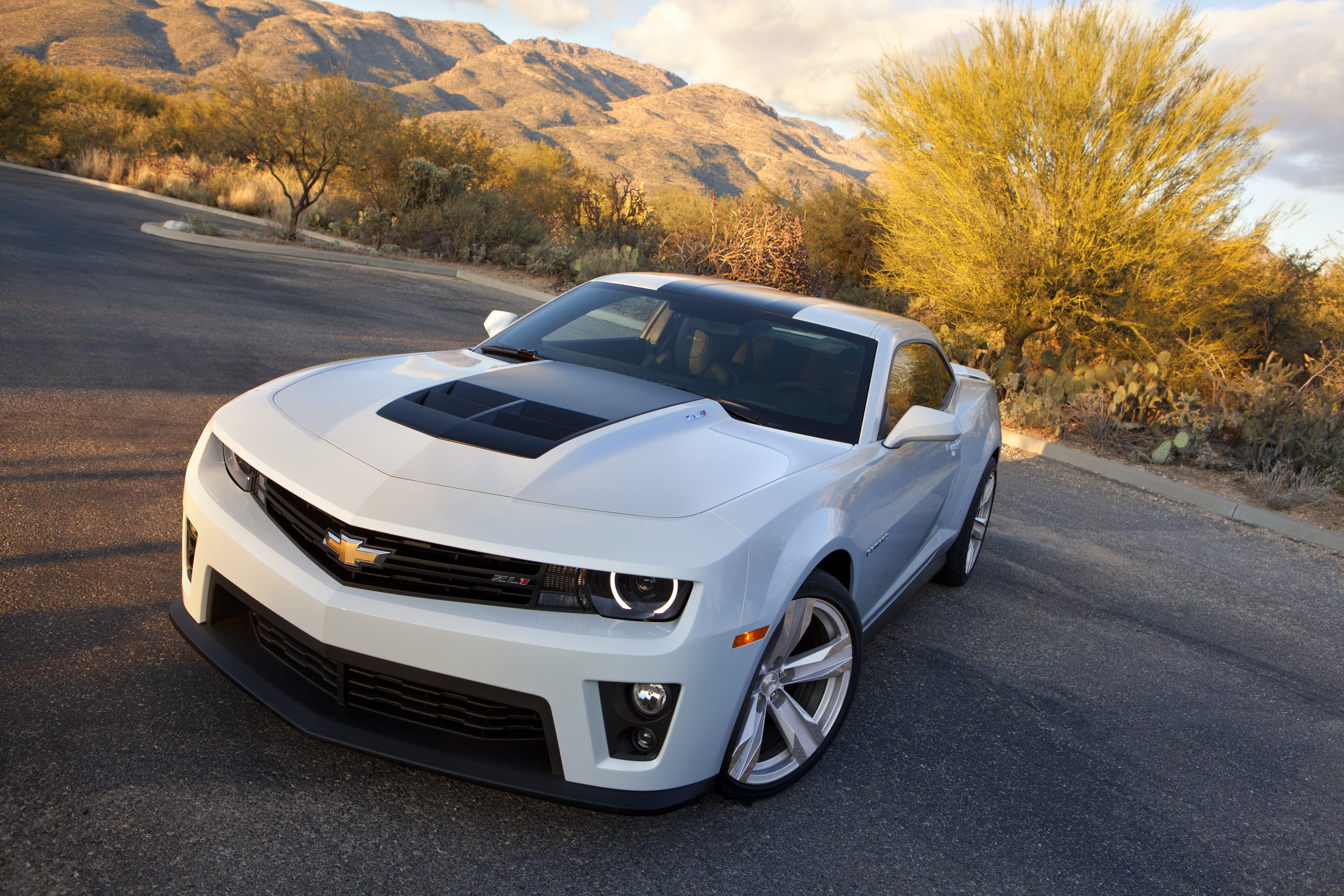
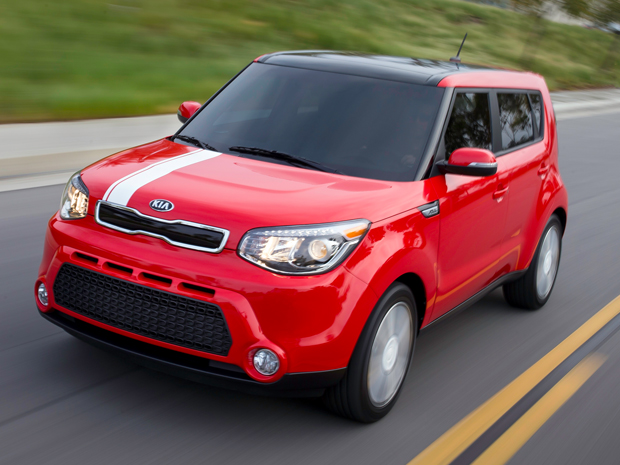
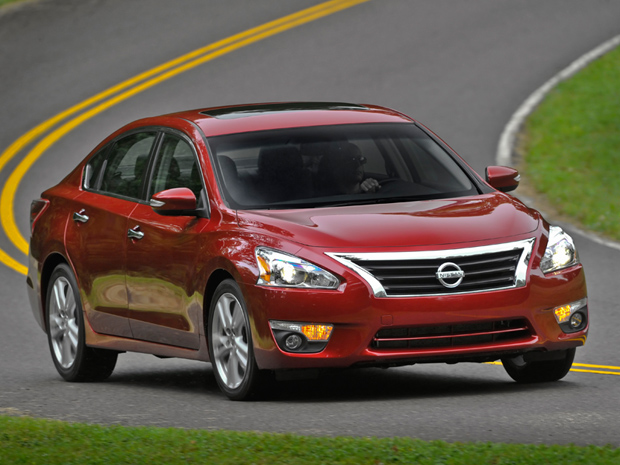
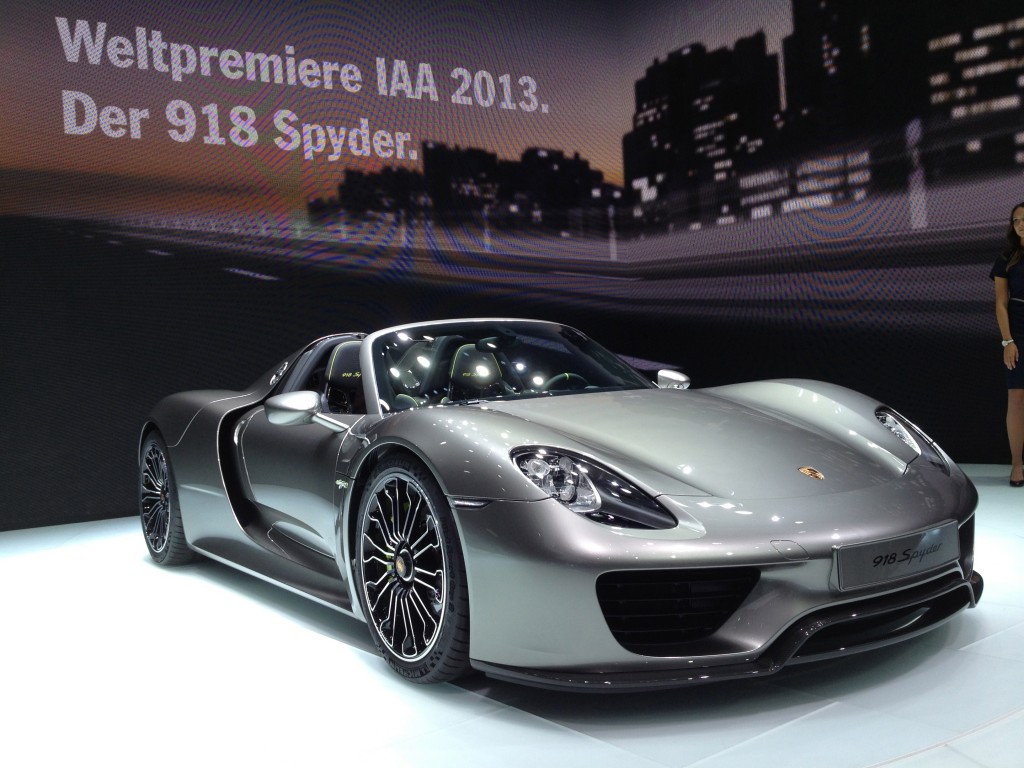
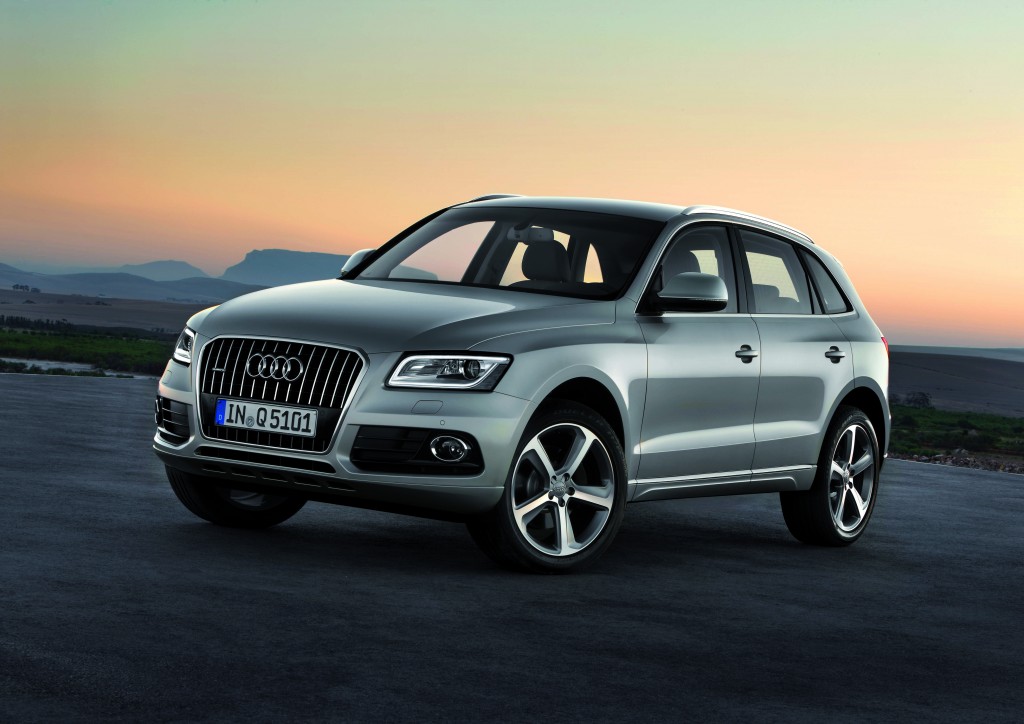
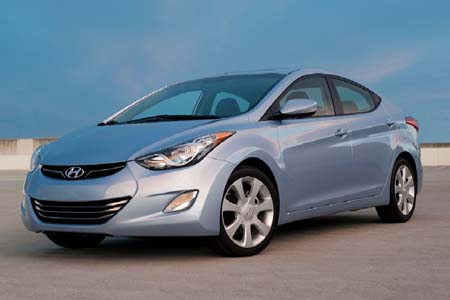
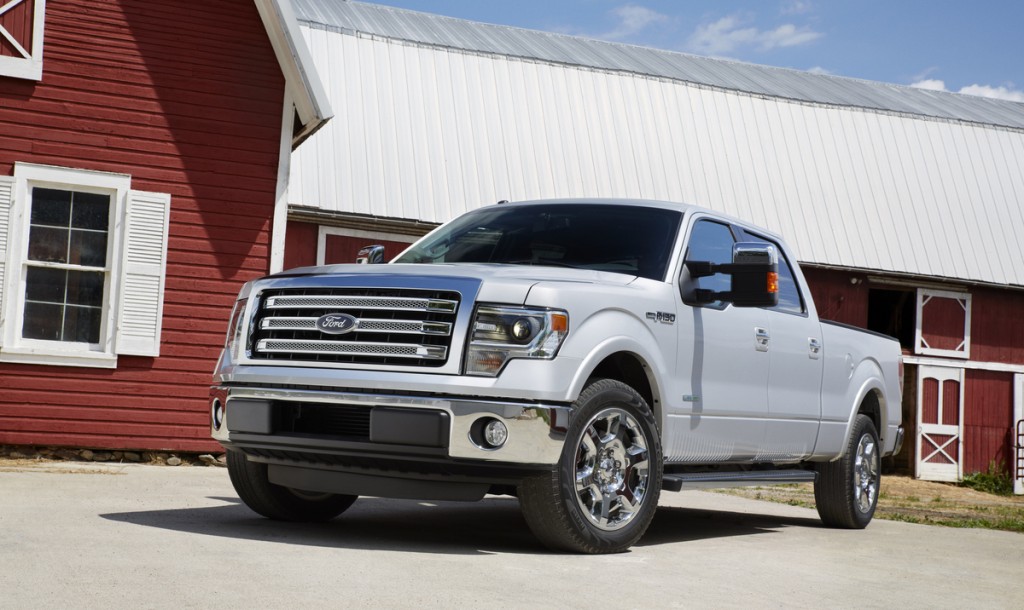
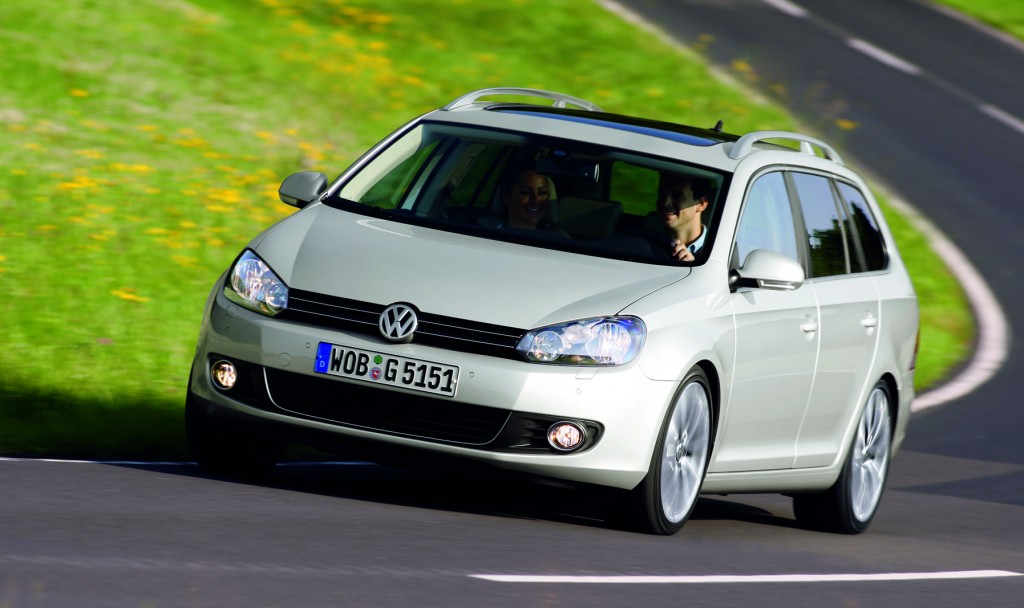
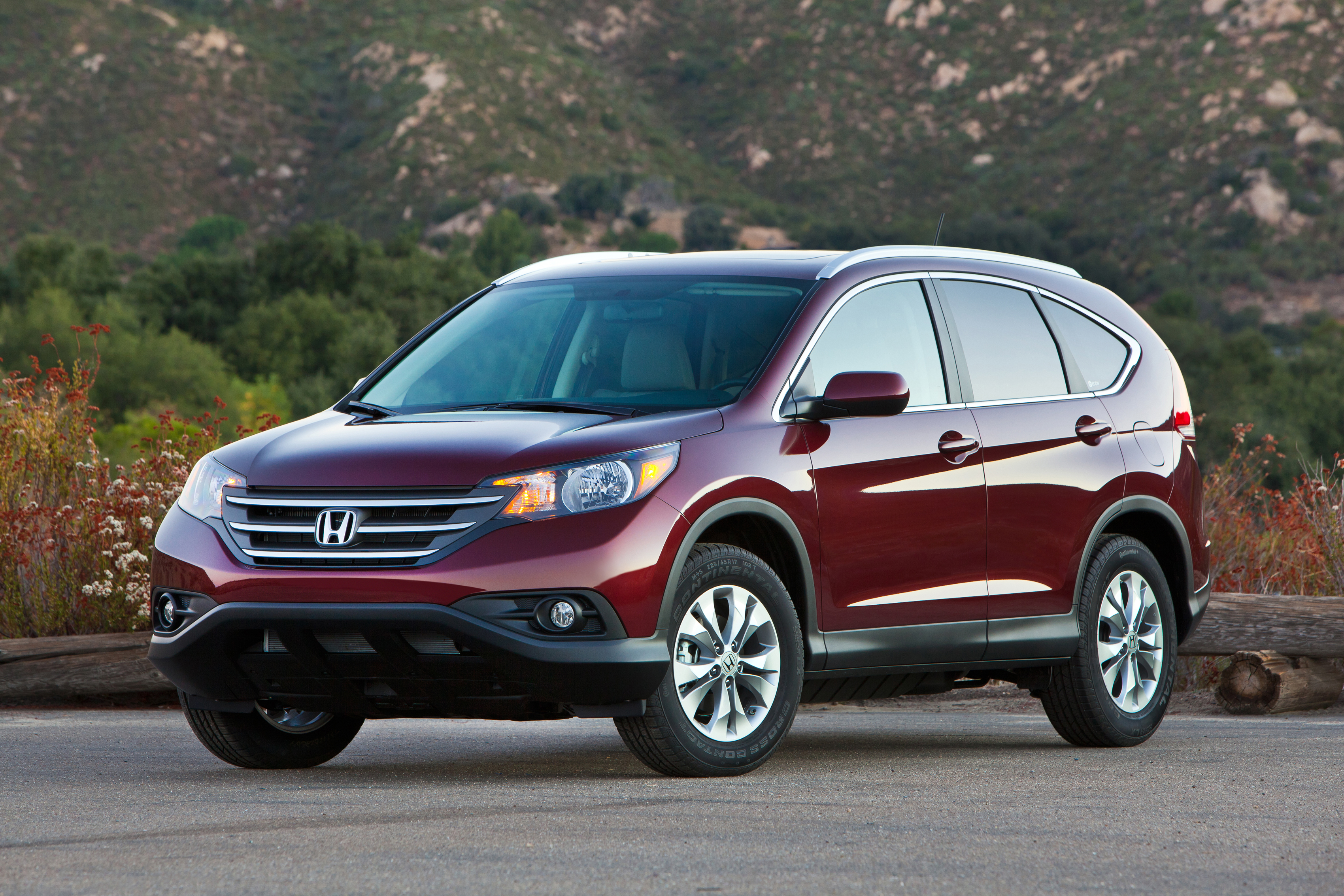
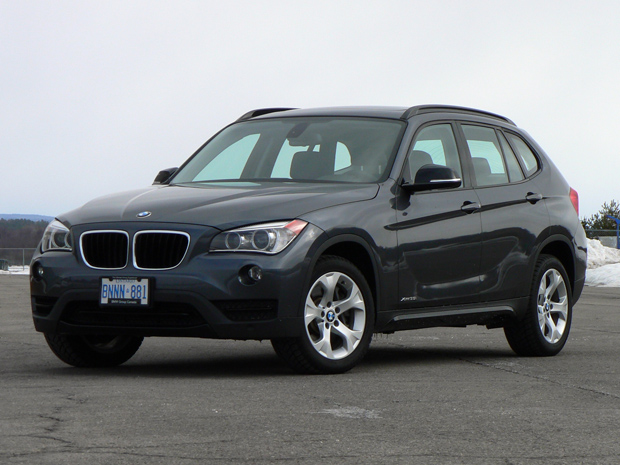
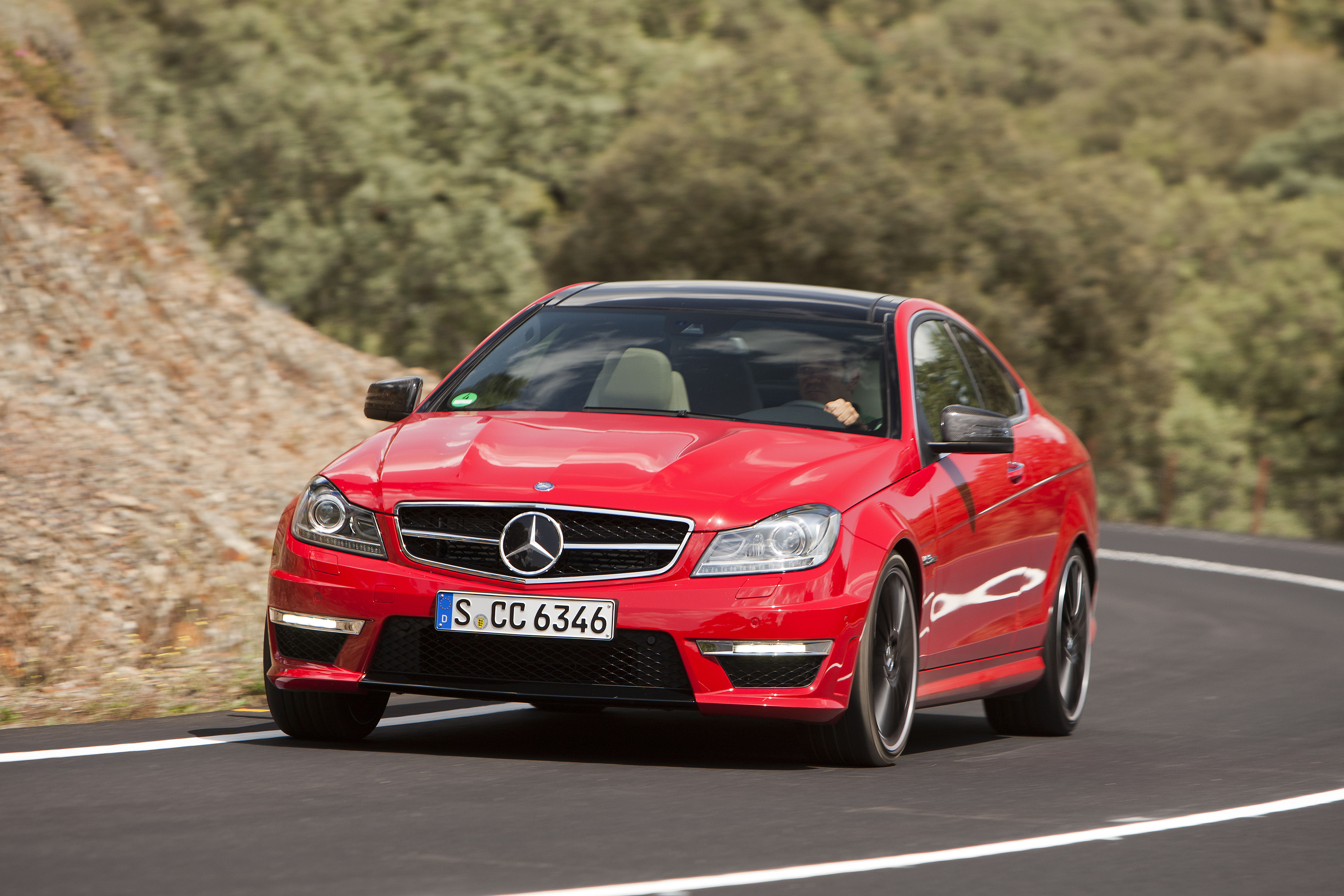
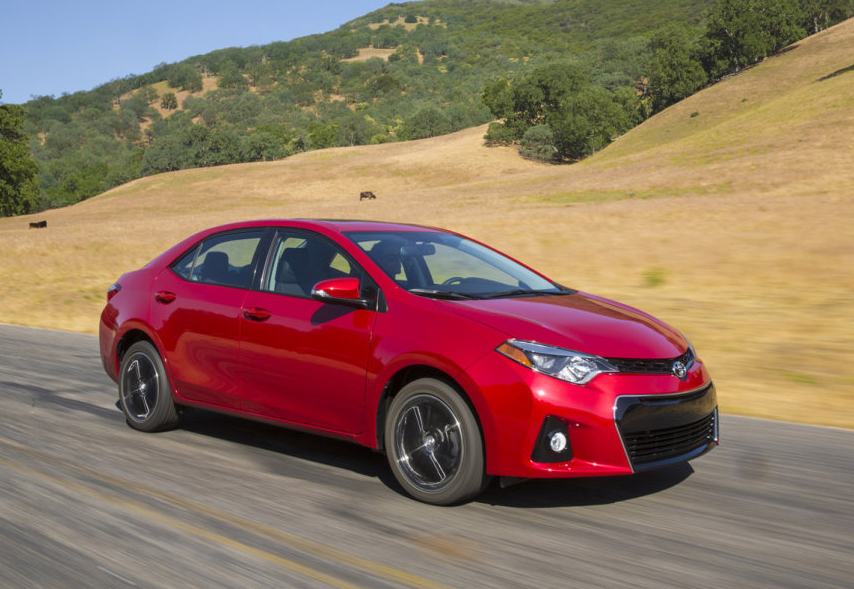
![[del.icio.us]](https://www.straight-six.com/wp-content/plugins/bookmarkify/delicious.png)
![[Digg]](https://www.straight-six.com/wp-content/plugins/bookmarkify/digg.png)
![[Facebook]](https://www.straight-six.com/wp-content/plugins/bookmarkify/facebook.png)
![[Google]](https://www.straight-six.com/wp-content/plugins/bookmarkify/google.png)
![[Reddit]](https://www.straight-six.com/wp-content/plugins/bookmarkify/reddit.png)
![[StumbleUpon]](https://www.straight-six.com/wp-content/plugins/bookmarkify/stumbleupon.png)
![[Twitter]](https://www.straight-six.com/wp-content/plugins/bookmarkify/twitter.png)
![[Email]](https://www.straight-six.com/wp-content/plugins/bookmarkify/email.png)